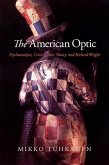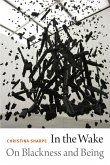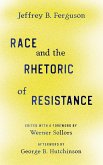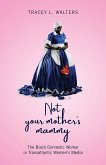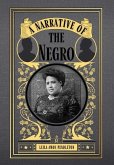More than 200,000 African American soldiers fought in World War I, and returning troops frequently spoke of "color-blind" France. Such cosmopolitan experiences, along with the brutal, often desegregated no-man's-land between the trenches, forced African American artists and writers to reexamine their relationship to mainstream (white) American culture. The war represented a seminal moment for African Americans, and in the 1920s and 1930s it became a touchstone for such diverse cultural concerns as the pan-African impulse, the burgeoning civil rights movement, and the redefinition of black masculinity. In examining the legacy of the Great War on African American culture, Mark Whalan considers the work of such canonical writers as W.E.B. Du Bois, Langston Hughes, Nella Larsen, and Alain Locke. In addition, he considers the legacy of the war for African Americans as represented in film, photography, and anthropology, with a particular focus on the photographer James VanDerZee.
Bitte wählen Sie Ihr Anliegen aus.
Rechnungen
Retourenschein anfordern
Bestellstatus
Storno


